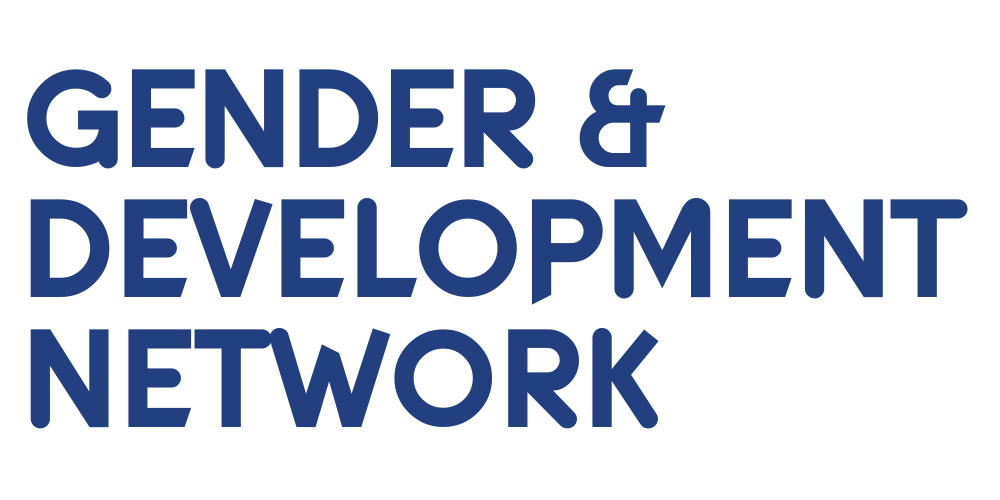Realising women's rights: the role of public debt in Africa
This briefing, written by Dinah Musindarwezo, outlines how public debt and its servicing are a particular problem for the African continent, undermining the ability of governments to meet their commitments on gender equality and the promotion of women’s rights. The costs of servicing this debt are disproportionately borne by women, while the funds borrowed are rarely spent in ways that prioritise women’s rights.
If borrowed and spent wisely, public borrowing could have a role to play in maximising the resources available to governments to promote gender equality. Part of the problem is that, despite the importance of decisions around public debt and its gendered impact, women’s collective voices are not included in the decision-making processes on public debt.
The answer lies partially in reform of the global financial system, ending the dominance of lenders in setting the rules—and leading to a reduction in the level of debt servicing demanded and the creation of favourable terms for borrowing and debt relief. In addition, efforts should be made to ensure that new debt is spent in ways that support commitments on gender equality and women’s rights, and with the costs of servicing these loans shared more evenly. Such reforms are more likely to succeed with the democratisation of decision-making processes at all levels.
